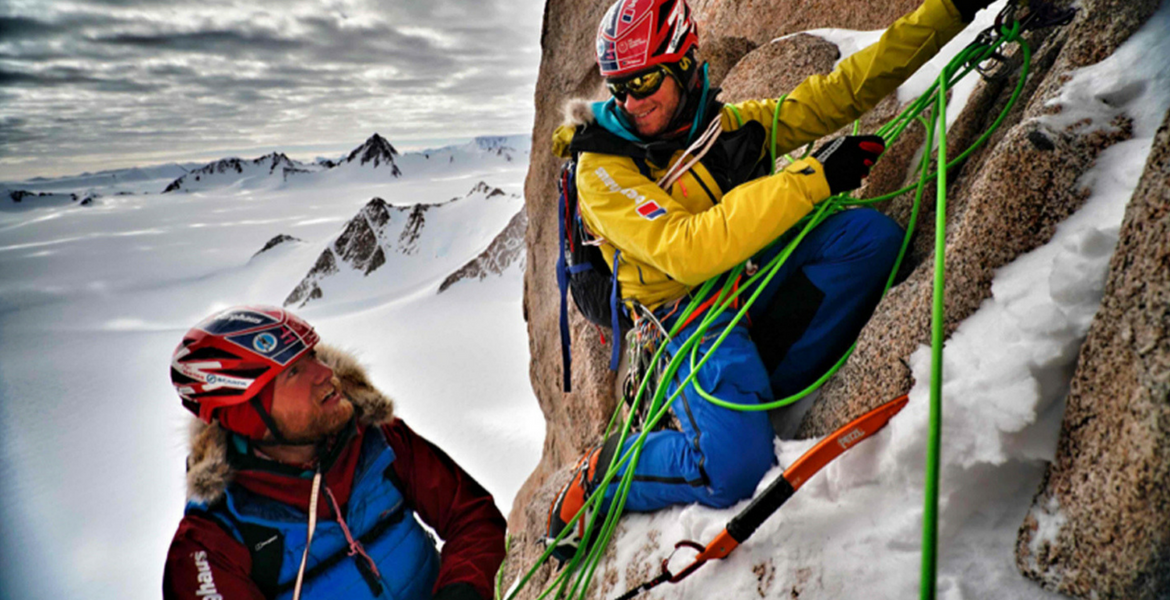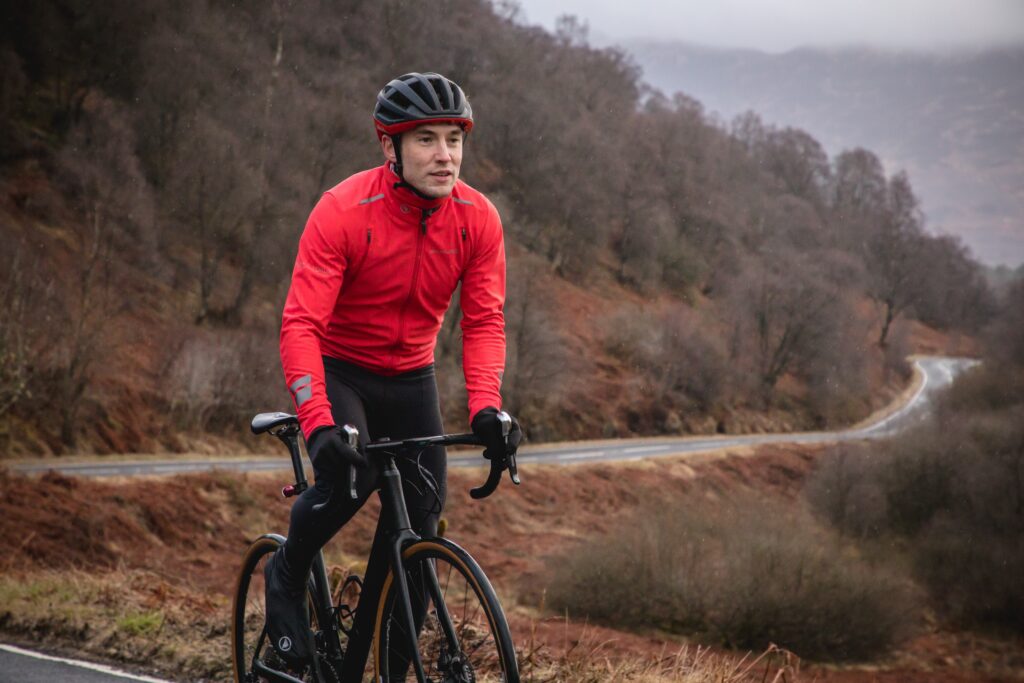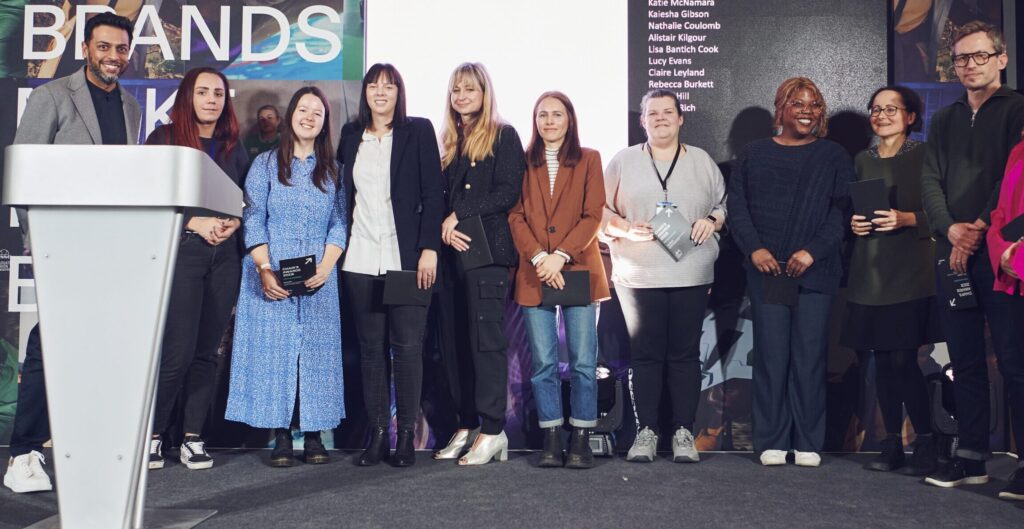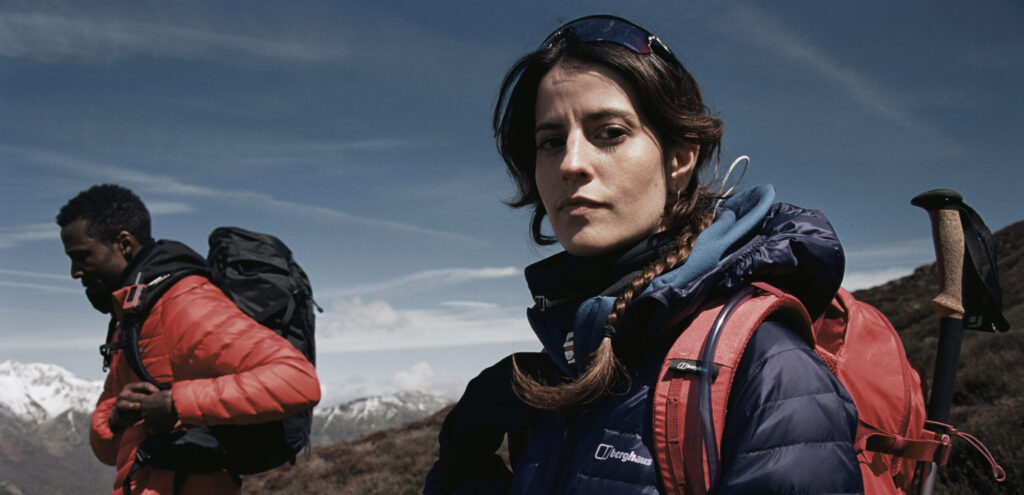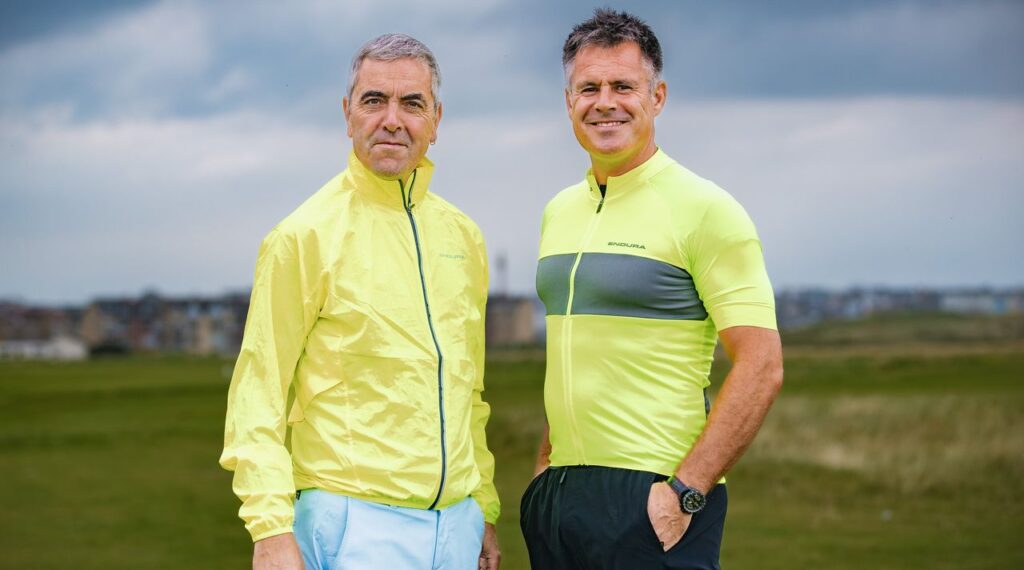Adventure climber and Berghaus-sponsored athlete Leo Houlding has tackled some of the world’s most difficult peaks, in its most unforgiving landscapes.
Based in the Lake District, Houlding’s passion for climbing was first ignited aged ten. Since then he’s built up an impressive list of record-breaking climbs and adventure world-firsts. An endorser of the ‘new school’ of progressive, undocumented adventure, Houlding is known for undertaking expeditions that break boundaries. In an age when the route to Mt. Everest is populated by tourist traffic, in November 2017 he chose to embark on a ground-breaking ‘three in one’ polar expedition across Antarctica that led him to the mountain known as Spectre: in his words, “the remotest place on land on the face of the earth”.
We spoke to Houlding about his fascination with adventure, his loyalty to Berghaus, and the expedition that ripped up the rule book.
On your Spectre expedition – what were you feeling prior to the journey and how did you prepare?
“[I was] very fearful – It was a massive project with a great deal of uncertainty…. the three of us we were alone in the deep field for two months facing a 1000 mile kite powered journey pulling over 200kgs each…We prepared beyond anything I’d done before but even then, when you’re doing something that hasn’t been done before, there are always going to be big questions remaining. But even though it was hugely intimidating, we were fairly confident. There are only a very small pool of people in the world who could have done it and we knew we had the right team for the job.”

How do you deal with the challenges of expeditions, both physical and emotional?
“It’s all about being physically prepared and psychologically clued-up. A lot of it is having the belief to try as hard as you possibly can, and really give it your all. But because it’s such an extreme environment, you have to try and leave a bit in reserve. You don’t want to be operating at maximum capacity all the time in case the smallest things become major issues. But I would’ve been terribly disappointed if it had been easy.”
Why did you choose climbing in particular, and how did you know it was going to be your life?
“I’ve always enjoyed adventure, and one of the great things about rock climbing is the fast-track to genuine adventure. It requires risk that you won’t find in a swimming pool or a gym, but you will if you go to mountains or hills or twenty metres up a vertical cliff. There are very real consequences to your actions, and no rules or referees or paperwork. You’re totally free to go out there and scare yourself.
“That’s not what makes climbing a career – you have to pitch it correctly, have a sponsor and be able to tell people about the expeditions. It’s not so much about climbing rocks but sharing stories that turns it into a career.”
You’ve been sponsored by Berghaus for a number of years – why do you think this relationship has lasted?
“Like all relationships, it’s about give and take. I think of Berghaus as a partner – I’ve done a lot of things I couldn’t have done without them, and when you look at product improvement in the last twenty years I’ve definitely been part of the process. I actually had a very serious accident quite early on in my career with Berghaus – almost a career-ending accident [in 2002, Leo broke a bone in his ankle in a 20m fall in Patagonia]. When I came out of surgery, I phoned my Berghaus point of contact and told them about the injury, and they said, “you can have full support for 12 months”. It’s normally the case that if an athlete can’t perform, the brand would terminate the contract. But Berghaus continued to look after me and the injury healed really well. So, I definitely feel a debt of gratitude and loyalty to them.”

What does it mean to you to be a role model in climbing?
“It’s definitely not something I set out to be. It’s a privilege to try and inspire people to do something worthwhile. Climbing isn’t everyone’s cup of tea, but it is magical going out to these wonderful places. In an age where screens and comfort have become all encompassing, it’s important to get back to something more raw and climbing is a window into that. Everyone should go outdoors.”
What’s coming up next in your climbing career?
“I was in Antarctica for three months [November 2017-January 2018] fairly recently so I don’t have any more expeditions planned for this year. I’d like to do a trip where there was content being uploaded constantly to share my next expedition in real time.
“We could share a surprising amount during the Spectre expedition for the environment – about three low res photos a day. We built up quite a large following of people checking our daily uploads while having their morning coffee. One day we didn’t manage to upload anything, and everyone got worried saying “what’s happened?”. After the expedition, people were saying, “what do I do while drinking my morning coffee now?”. It shows that if you put effort and spend behind the production of it then you could have a really interesting narrative.”
Whether it’s a ground-breaking expedition or a weekend mountain walk, Berghaus believes that the outdoors provides the best respite from an always-on and never stop busy life.
You can read Leo’s updates from his Spectre expedition here, or follow him on Instagram at @leo_houlding. The film Spectre, which recounts the expedition, will be released at the Kendal Mountain Festival in November 2018.

